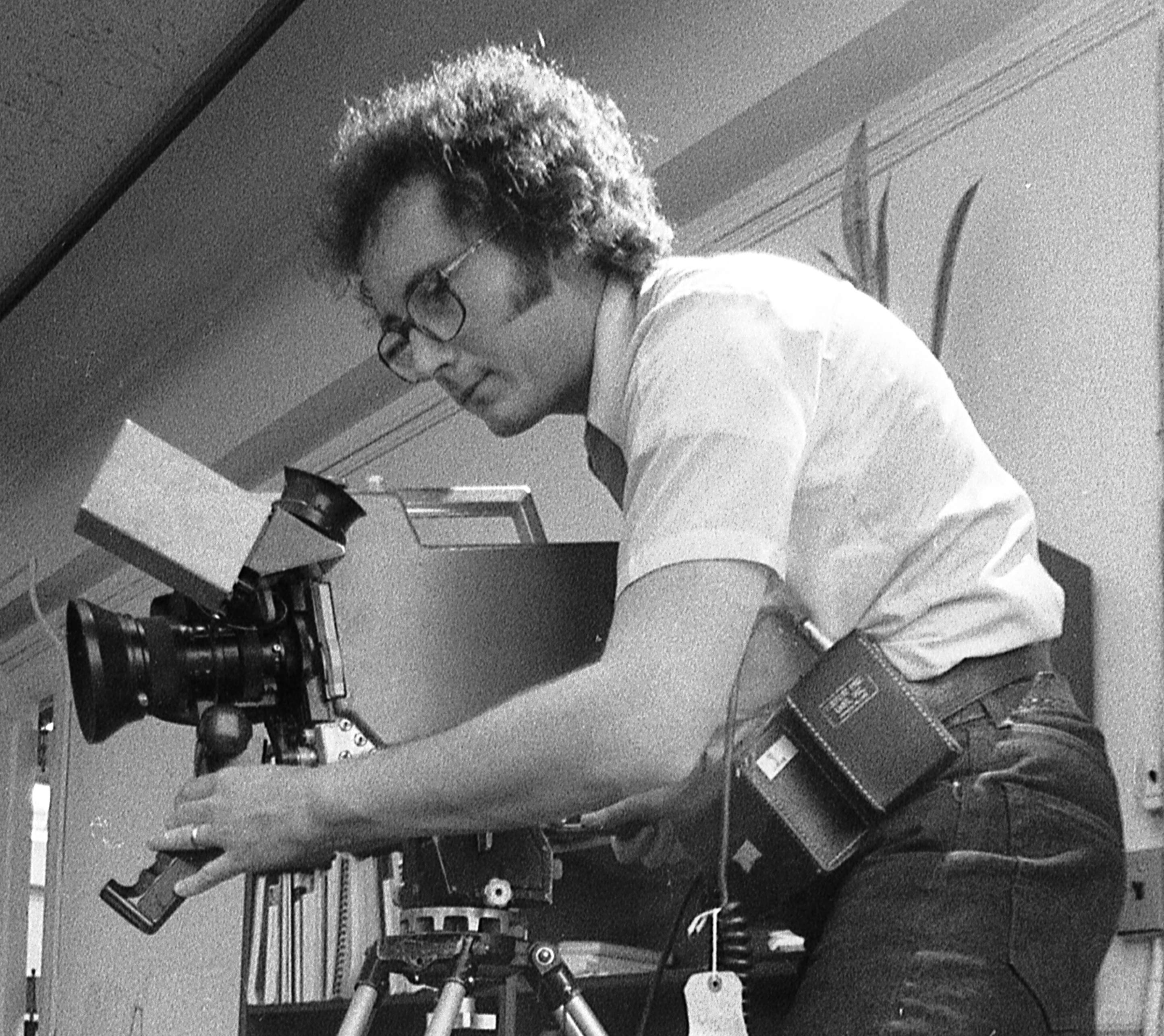Newspaper protection bill raises troubling questions for media, society
By now, most people in the media have heard about a bill introduced yesterday in the Senate to grant some newspapers the ability to operate as nonprofit organizations and exempt their advertising and circulation revenue from taxes.
The bill, the Newspaper Revitalization Act authored by Sen. Ben Cardin, D-MD, comes on the heels of several major setbacks for the newspaper industry, including Tribune’s December 2008 filing for bankruptcy protection and Hearst’s decision to pull the plug on the “Seattle Post-Intelligencer.”
A Reuters report on the bill quotes a Cardin spokesperson as saying the real aim of the legislation is to protect community newspapers and does not apply to the electronic media.
The proposal raises several troubling issues:
- If the press is to fulfill its role as an independent watchdog of the government, it must remain independent. How would special tax status impact editorial decisions, story assignments and news agendas?
- The media are supposed to compete in an open marketplace of ideas. From this competition, truth ultimately is supposed to emerge, and society is better off for it. How would special tax status afforded certain newspapers skew this competition in the marketplace of ideas?
- Should government be in the business of tipping the economic playing field in favor of one media category over another? What impact will exempting circulation and advertising fees from taxes have on business competition between print and broadcast? In other words, will broadcasters effectively get double-teamed in the market by newspapers and Uncle Sam?
- What happened to free enterprise and innovation in the media business? Oh yeah, it was killed in crib with broadcast-newspaper crossownership rules that prohibited private industry to combine private resources to maintain the viability of private enterprise. Even when the FCC saw the handwriting on the wall and tried to ease these ownership restrictions, Congress, the courts and special interest groups howled, threw roadblocks in the way and tied the hands of management in how they could respond to the changing competitive landscape.
To be certain, many traditional media companies face significant financial challenges, both from erosion in advertising dollars and loss of audience to the Internet. But to propose that the government, in effect, subsidize certain newspapers is shortsighted, unfair and harmful to the free flow of ideas and the society that depends on them.
The professional video industry's #1 source for news, trends and product and tech information. Sign up below.
